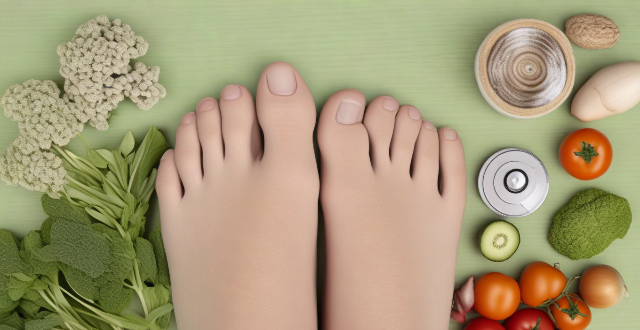Foot Pain

What are the consequences of neglecting foot hygiene ?
The text discusses the various consequences of neglecting foot hygiene, including physical health risks such as athlete's foot, toenail fungus, ingrown toenails, blisters and calluses, plantar warts, smelly feet (bromodosis), corns, bunions, gout, cellulitis, diabetic foot ulcers, deep vein thrombosis (DVT), and peripheral neuropathy. It also addresses mental health impacts like embarrassment and self-consciousness, anxiety, and stress. The text provides detailed descriptions and prevention tips for each issue, emphasizing the importance of good foot care habits to maintain overall foot health.

Is it true that exercise can help manage chronic pain conditions ?
Exercise can help manage chronic pain conditions by reducing pain intensity, improving physical function, enhancing quality of life, and increasing energy levels. It is important to consult with a healthcare professional before starting any exercise program and to start slowly, gradually increasing intensity over time while listening to your body's responses.

What should I do if I experience pain during exercise ?
Pain during exercise can be a sign of injury or overexertion. To prevent and manage pain, it is important to warm-up properly, stretch regularly, pay attention to your body's signals, incorporate cross-training, take breaks, drink plenty of water, use proper form, rest and recover, and seek medical advice if necessary. By following these steps, you can reduce the risk of injury and improve your overall fitness.
